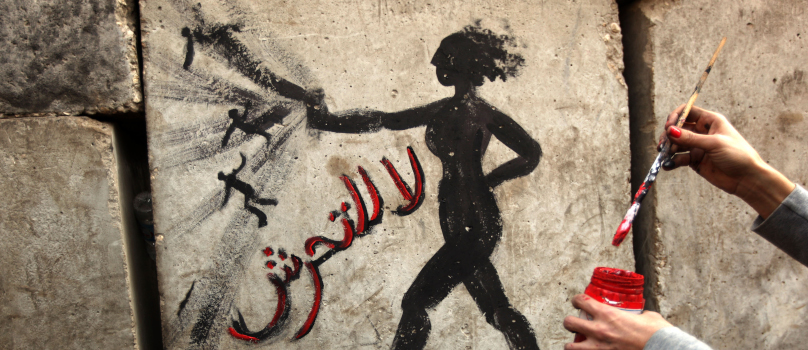As a state party to the Convention on the Elimination of All Forms of Discrimination against Women (CEDAW), Egypt is subject to regular reviews addressing its implementation of the treaty. In October 2021, Egypt’s record on women’s human rights and gender equality issues came under review by the UN Committee on the Elimination of Discrimination against Women.
As part of this process, the International Service for Human Rights (ISHR) and the Tahrir Institute for Middle East Policy (TIMEP) compiled a joint submission that highlights a series of timely issues impacting women in Egypt, from law to practice. These include but are not limited to:
- Significant barriers for women to access justice following incidents of sexual and gender-based violence amid continued impunity;
- Continued commission of female genital mutilation and ongoing issues surrounding sexual harassment, despite recent amendments enacting harsher penalties;
- Ongoing discrimination faced by women, including compounded discrimination faced by Christian women and transgender women;
- Prosecution and sentencing of women for their constitutionally-protected use of TikTok;
- Misuse of counter-terrorism measures and restrictive laws to target women human rights defenders; and
- Extrajudicial killing, enforced disappearance, torture, arbitrary detention, and inhumane detention conditions of women.
The submission concludes with a series of targeted recommendations intended to bring Egypt in line with its constitutional and international legal obligations, and to address the root causes at the heart of the issues presented above.
ISHR and TIMEP also delivered a joint statement during the CEDAW Committee’s public meeting with NGOs on October 25. The statement highlighted that the biggest impediment for the implementation of the CEDAW Convention is the lack of political will of the State Party to allow for independent organizing, and the State’s treatment of those exposing human rights violations as threats to “national security.” Read the statement here.
